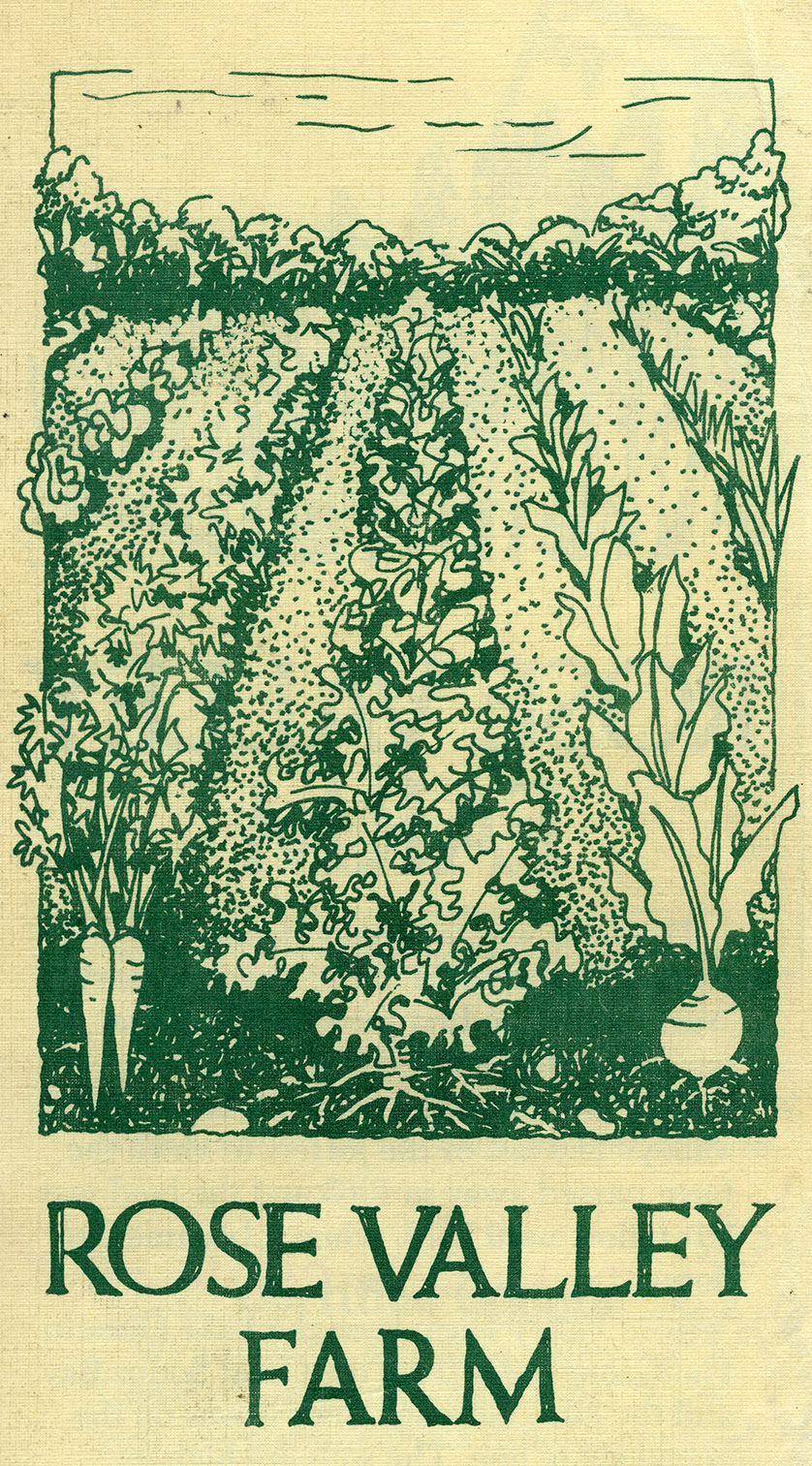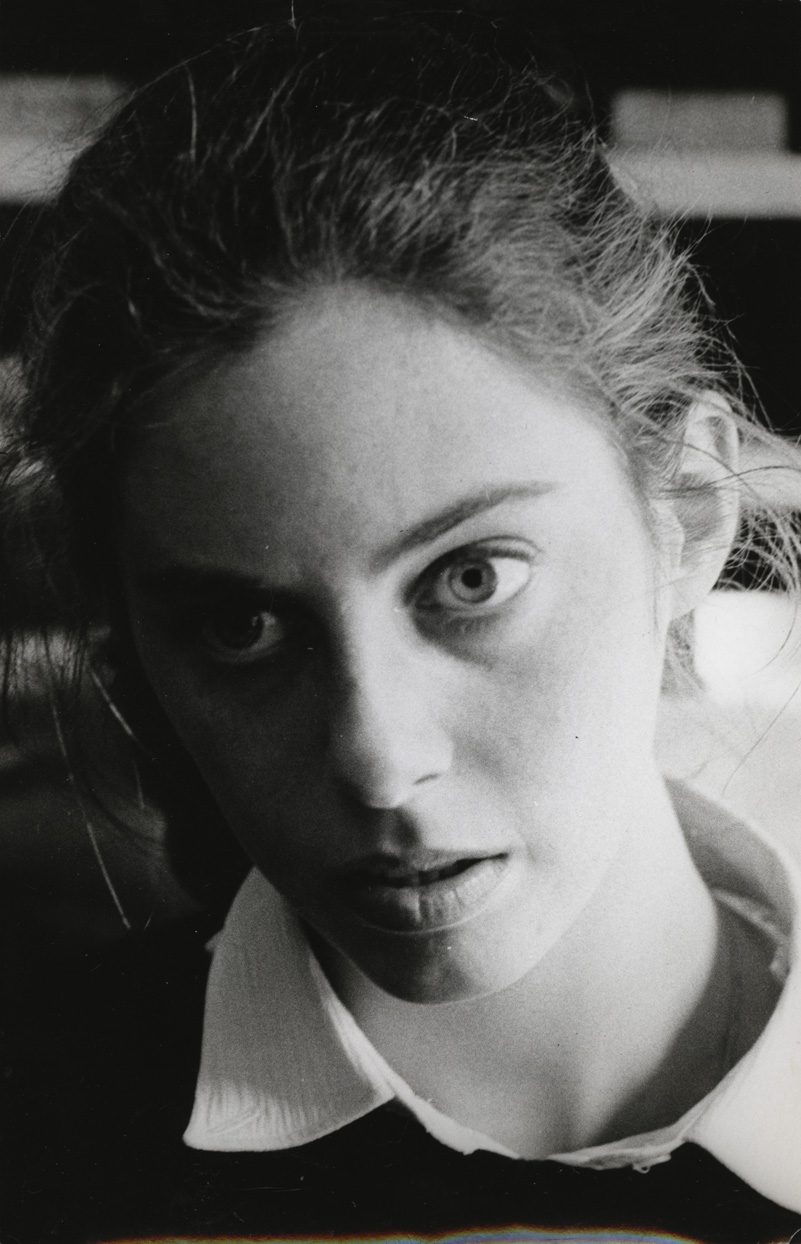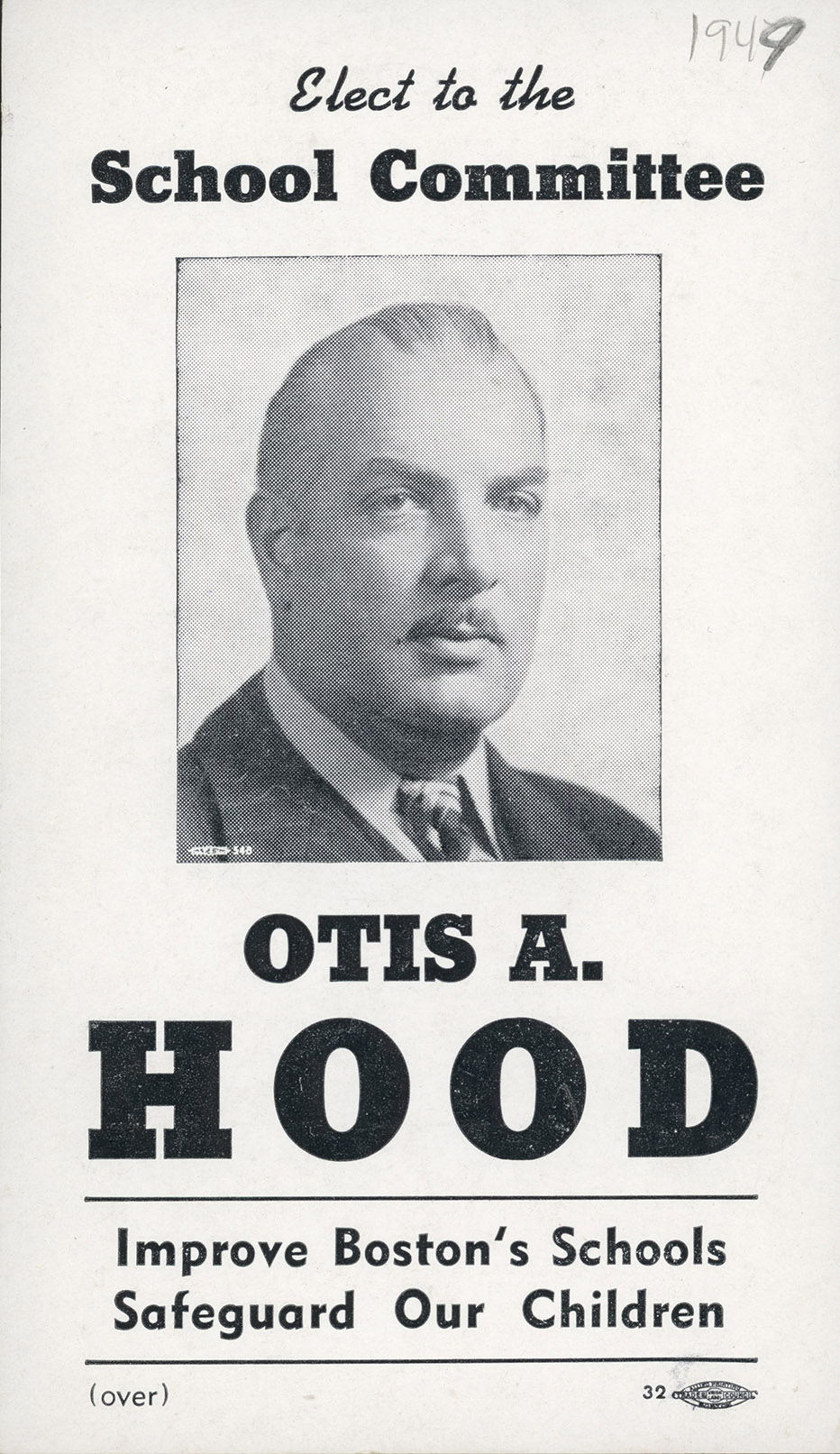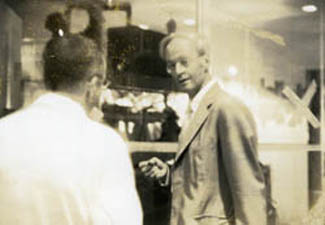Elizabeth Henderson Papers

A farmer, activist, and writer, Elizabeth Henderson has exerted an enormous influence on the movement for organic and sustainable agriculture since the 1970s. Although Henderson embarked on an academic career after completing a doctorate at Yale on the Russian poet Vladimir Mayakovsky in 1974, by 1980, she abandoned academia for Unadilla Farm in Gill, Mass., where she learned organic techniques for raising vegetables. Relocating to Rose Valley Farm in Wayne County, NY, in 1989, she helped establish Genesee Valley Organic CSA (GVOCSA), one of the first in the country, and she continued the relationship with the CSA after founding Peacework Organic Farm in Newark, NY, in 1998. Deeply involved in the organic movement at all levels, Henderson was a founding member of the Northeast Organic Farming Association (NOFA) in Massachusetts, has served on the Board of Directors for NOFA NY, the NOFA Interstate Council, SARE (Sustainable Agriculture Research and Education) Northeast, and many other farming organizations at the state, regional, and national level, and she has been an important voice in national discussions on organic standards, fair trade, and agricultural justice. Among other publications, Henderson contributed to and edited The Real Dirt: Farmers Tell about Organic and Low-Input Practices in the Northeast and co-wrote Sharing the Harvest: A Citizen’s Guide to Community Supported Agriculture (1999, with Robyn Van En) and A Manual of Whole Farm Planning (2003, with Karl North).
Offering insight into the growth of the organic agriculture movement and the organizations that have sustained it, the Henderson Papers document Henderson’s involvement with NOFA, SARE, and the GVOCSA, along with her work to establish organic standards and promote organic practices. Henderson’s broad social and political commitments are represented by a rich set of letters from her work educating prisoners in the late 1970s, including correspondence with Tiyo Attallah Salah-El and John Clinkscales, and with the American Independent Movement in New Haven during the early 1970s, including a nearly complete run of the AIM Bulletin and its successor Modern Times.



 See the exhibit
See the exhibit 
